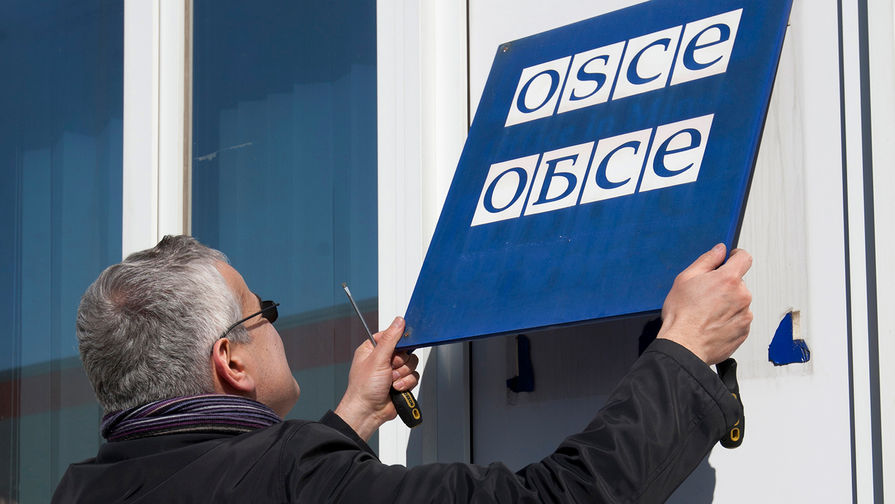The Organization for Security and Cooperation in Europe (OSCE) may stop to exist as early as 2024. This was announced yesterday by Finnish Foreign Minister Pekka Haavisto. He explained, that the organization was in crisis due to the fact that Russia and Belarus refused to approve the Estonian chairmanship of the OSCE next year. And Estonia refuses to withdraw its candidacy.
The fact is that the OSCE chairmanship changes every year from country to country. But according to the rules, the new chairman must be approved by all, without exception, 57 countries, that are members of this organization. Now the situation is stalemate, says Haavisto and fears, that the OSCE may fall apart before Finland takes over as chairman of the organization in 2025.
“If there is no chairman in 2024 and there is no consensus on this issue, then next year will be the year of the destruction of the OSCE as an organization,” the politician said.
The Organization for Security and Cooperation in Europe is the world’s largest regional organization dealing with security issues. It includes not only European countries, but also the countries of North America and Central Asia.
The main tasks, that the OSCE performs are the prevention of new conflicts in the region, assistance in the settlement of existing conflicts and assistance in eliminating the consequences of conflicts. In particular, the OSCE controls the proliferation of weapons, monitors the security situation in crisis regions and undertakes diplomatic efforts to resolve conflicts.
For example, in March, 45 OSCE member states supported an investigation into the abduction of Ukrainian children by Russian occupiers. And already in May, the organization presented a report on the movement of a large number of Ukrainian children to the territory of Russia. The team of experts also found that abducted Ukrainian children are being subjected to pro-Russian information campaigns, often amounting to targeted re-education.
Since May, the OSCE has been looking for ways to keep the organization functioning because of the position of Russia, which actually refused to cooperate, but can still veto any decision by this structure.


